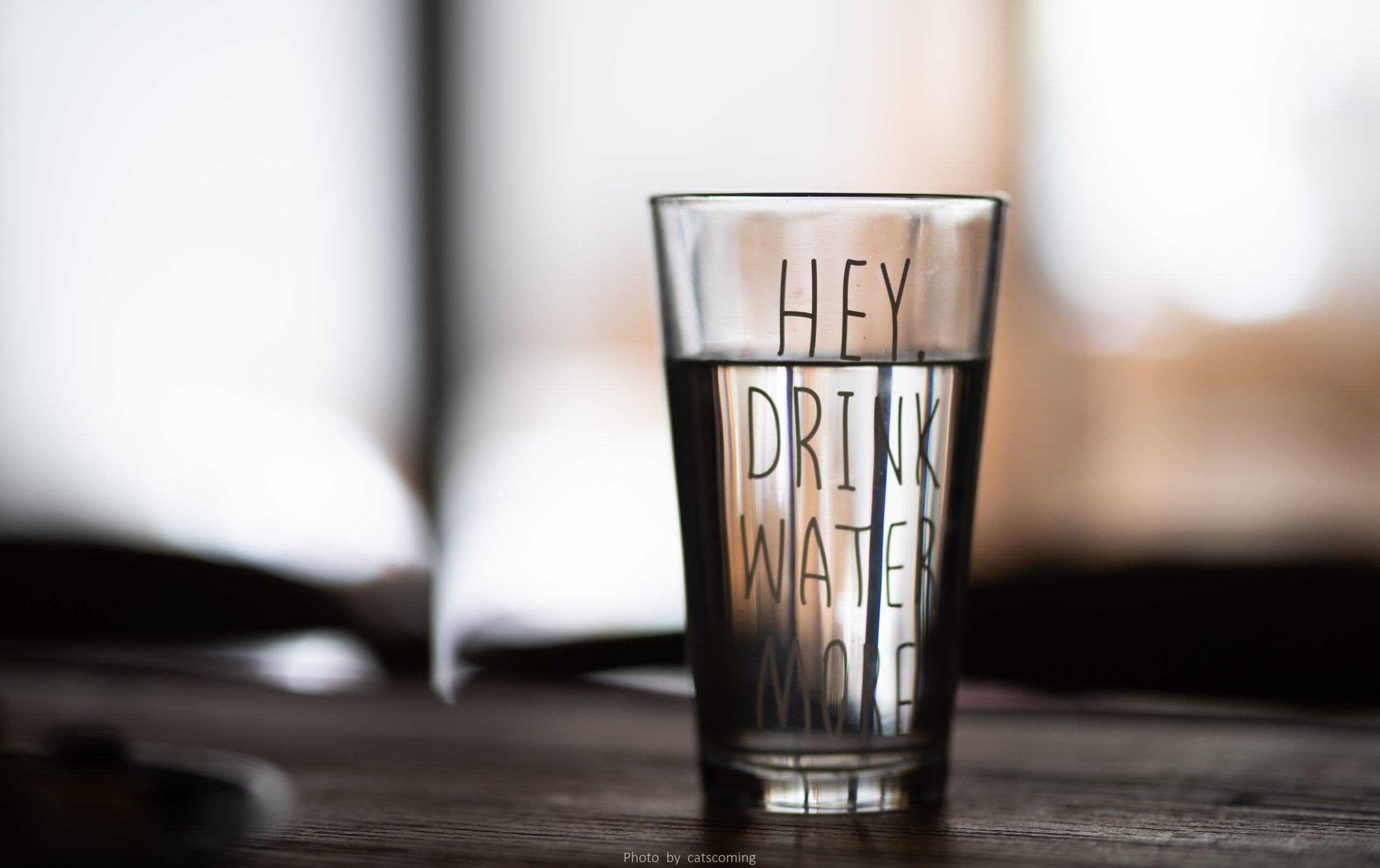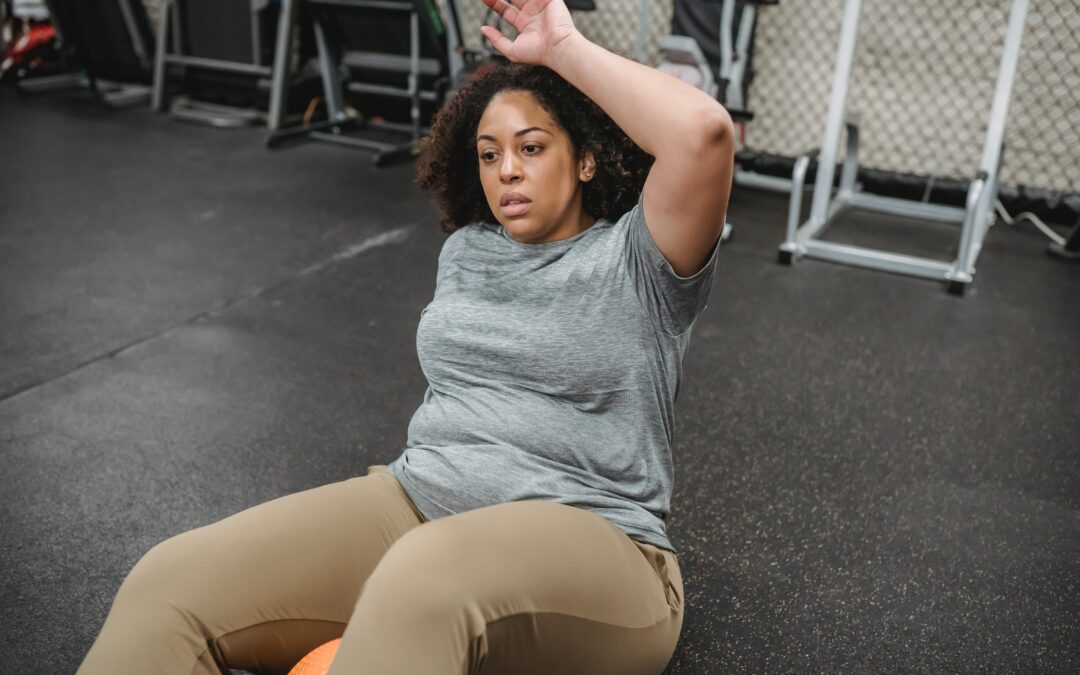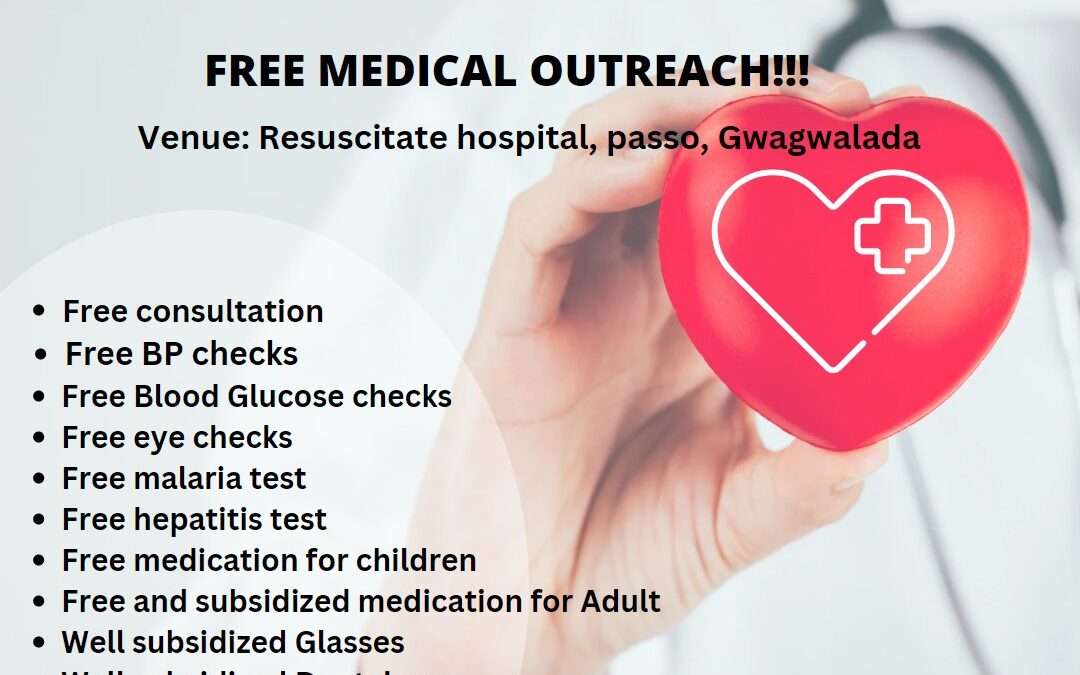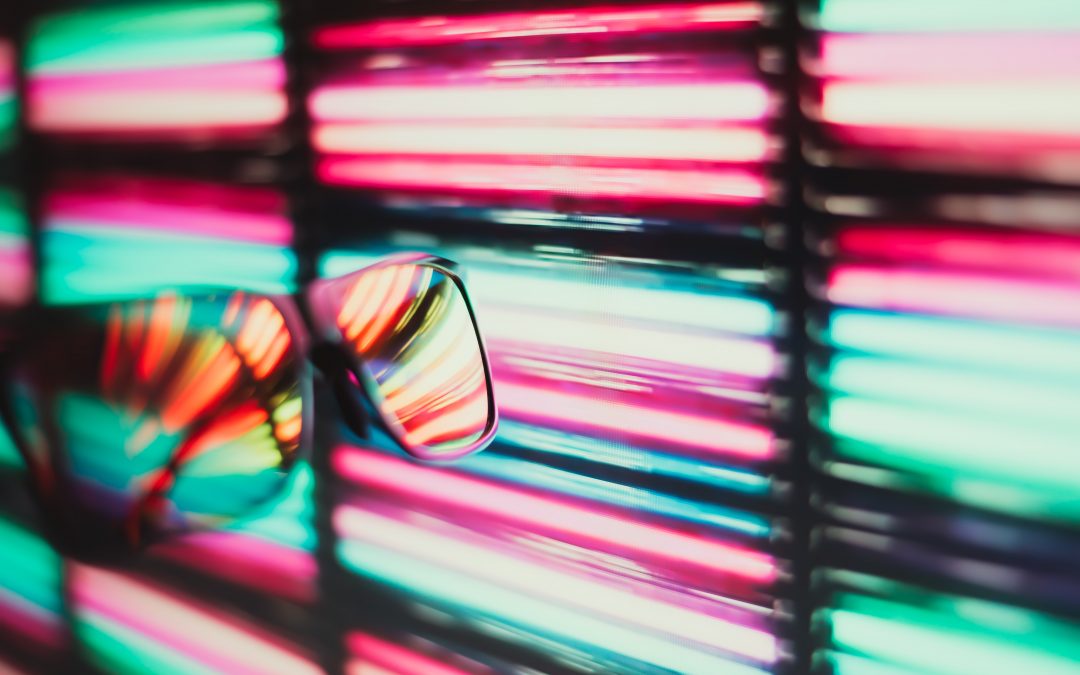Water is essential to life! Our body requires water for a wide range of processes: water surrounds and lubricates the joints, flushes out toxins and waste through urine, helps to regulate blood pressure and more. So, if you don’t make sure to drink plenty of water regularly, many of your bodily processes can suffer.
Dehydration is simply when your body is losing more water than it is taking in. Your body loses water through urine and sweat, for example. Plus, dehydration can result from a bout of sickness or diarrhoea, so it’s important to replenish vital fluids as much as you can during and after this time.
Just like your joints or your kidneys, your eyes also need water in order to function properly. A layer of tears should always cover your eyes in order to lubricate and protect them by washing away debris and bacteria. Each time you blink, these tears are spread over the surface of your eyeball, even though you probably won’t notice them until you laugh or cry and the tears spill out of your eyes.
Without sufficient levels of water, however, your body is unable to create the tears to lubricate and protect your eyes. This means that you can suffer from a range of uncomfortable symptoms.
Dry eyes
Dry Eye Syndrome occurs when the body is unable to produce enough tears (due to dehydration) to lubricate and moisten the surface of the eyeball. If you are dehydrated, your body will conserve water for vital processes like maintaining the circulation of blood to the brain, and organs such as your eyes can be the first to suffer. Common symptoms of dry eyes include:
- Swollen, red or painful eyes
- Irritated or itchy eyes
- Discomfort when wearing contact lenses
- A sandy or gritty feeling in the eyes
- Waking up with eyes stuck together with mucus
Eye strain
If you are dehydrated, then you’re also more likely to suffer from eye strain. This means that your eyes could be more at risk of becoming tired and irritated, and you could be more likely to suffer from symptoms such as headaches and itchy or dry eyes. You can read more about eye strain here.
You are especially at risk of eye strain if you spend all day using a computer for work. Ever heard of Computer Vision Syndrome? This condition can arise from spending a great deal of time looking at screens, whether it’s your PC at work or the TV at home, without taking a break to rest your eyes. Staying hydrated will help to keep your brain ticking over nicely and will help to avoid headaches and eye strain. But, you should also make an effort to take regular breaks from using screens to give your eyes a much-needed rest.
Puffy eyes
When fluid levels become low due to dehydration, your body’s survival instinct kicks in and it begins to stockpile as much fluid as possible. So, if you aren’t drinking enough water, this could trigger fluid retention which can cause your eyes to become puffy and swollen.
What’s more, excess salt can also trigger this sort of fluid retention. So, although you might think that you are drinking plenty of water, consuming too much salt can also affect your water levels and cause your body and eyes to become dehydrated and swollen.
Puffy eyes can be both uncomfortable and unsightly, and tend to be at their worst in the morning if the cause is fluid retention. You can read more about puffy eyes in the morning here. Make sure to drink plenty of water to flush out excess fluid, and gently massage the area to reduce swelling.
How to keep your eyes happy
1. Drink water! To keep your eyes hydrated and working nicely, you need to drink at least 1.5-2 litres of fresh, plain water every day (even more in hotter climates or if you’ve been exercising and sweating a lot). Carrying a refillable water bottle with you at all times can be a good way to remind yourself to keep drinking plenty of fluids and avoid dehydration.
2. Try Food Supplements. Take food supplements containing zinc as well as naturally occurring lutein, beta-carotene and zeaxanthin – all of which are great for healthy eyes and vision!
3. Eat a rainbow of fruit and veg! Red peppers and tomatoes; apples and berries; leafy greens spinach and lettuce; sweet potatoes and orange carrots. These brightly coloured fruit and veg are packed with eye-friendly vitamins and nutrients! Make sure to eat a wide range of these fruits and vegetables to keep your eyes in tip-top shape.
4. Never go to sleep while wearing contact lenses or makeup! Contact lenses can become a breeding ground for bacteria when your eyes close and the supply of oxygen is reduced. Similarly, sleeping with makeup on can disrupt the natural cleaning process your eyes go through during the night and can encourage bacteria to build up on and around your eyes.
5. Always wash your hands before touching your eyes. Touching your eyes with unwashed hands can spread bacteria and put you at risk of developing eye infections and styes. Plus, rubbing your eyes when itchy or irritated can put you at risk of scratching them or bursting the tiny, delicate blood vessels which are visible on the surface of your eyes. Itchy eyes can be calmed with a cold, clean compress.
Follow our blog for more updates. Got any questions? Our Doctors are more than glad to help provide the assistance you need with our telemedicine feature. Find out more here. We’re on the socials! Follow us on Instagram, Facebook and Twitter for more.










